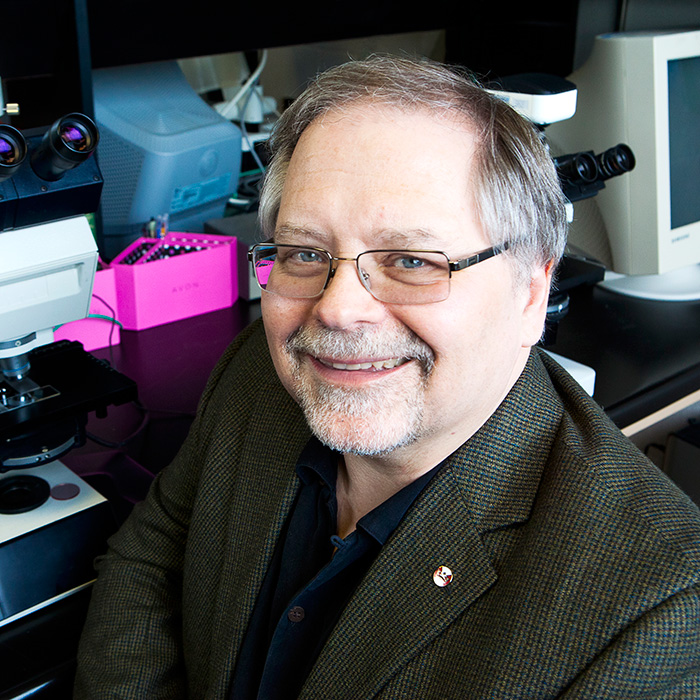Monday, 1 February 2021 at 7 PM with Dr. John Smol
To view the video of his presentation and the Q&A please click here.
 Paleolimnology uses the physical, chemical, and biological information stored in lake sediments to track environmental and ecological change. Sediment cores provide a record of change over years, centuries, and beyond, offering unique insights into the history of climatic and ecological change. What can we learn by studying human impacts on freshwater ecosystems? What advice can scientists give to improve lake management strategies? What do our subtly changing waterways tell us about the future of life on earth?
Paleolimnology uses the physical, chemical, and biological information stored in lake sediments to track environmental and ecological change. Sediment cores provide a record of change over years, centuries, and beyond, offering unique insights into the history of climatic and ecological change. What can we learn by studying human impacts on freshwater ecosystems? What advice can scientists give to improve lake management strategies? What do our subtly changing waterways tell us about the future of life on earth?
Dr. John Smol is the Canada Research Chair in Environmental Change at Queen’s University. He founded and co-directs the Paleoecological Environmental Assessment and Research Lab (PEARL), where students and other scientists study long-term global impacts of climatic change, acidification, eutrophication, contaminant transport, and other environmental stressors. Dr. Smol has received over 60 awards for his research, outreach, and teaching and is a frequent commentator on environmental issues for radio, television, and the print media.

